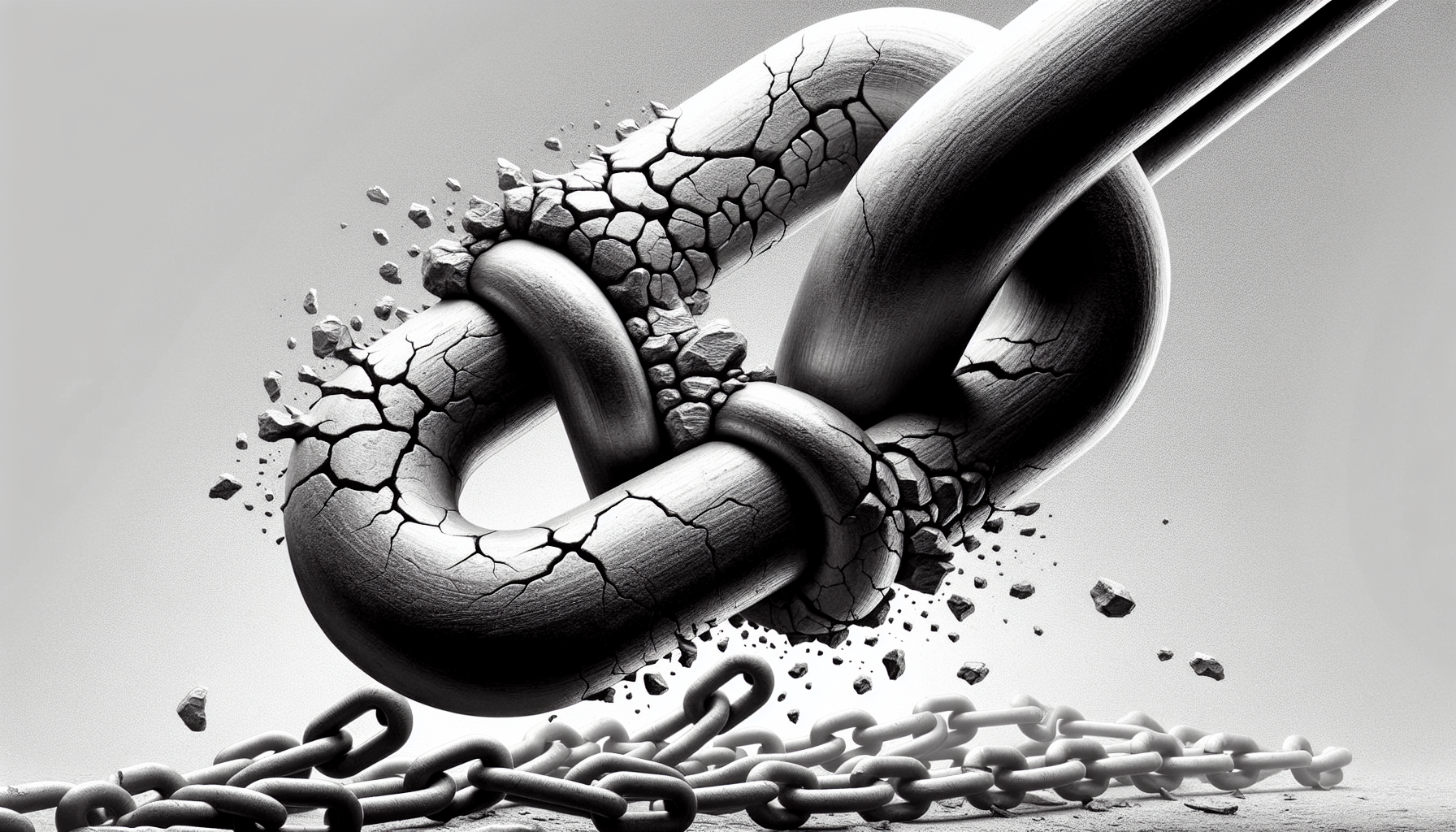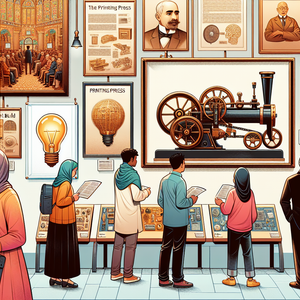The Human Touch in a Robotic World

The integration of AI and automation into healthcare has paved the way for groundbreaking innovations in diagnostics and treatment. AI-powered algorithms are now capable of analyzing medical images with remarkable precision, detecting abnormalities such as tumors, fractures, or organ irregularities. For example, a study published in *The Lancet Digital Health* demonstrated that AI could diagnose breast cancer in mammograms with accuracy comparable to expert radiologists. Similar advancements have been made in the field of surgical robotics, with systems like the da Vinci Surgical System assisting surgeons in performing intricate procedures with unparalleled precision. In diagnostic medical sonography, automation is beginning to play a significant role. AI software can now assist in analyzing ultrasound images, identifying anomalies, and generating preliminary diagnostic reports. These technologies promise increased efficiency, reduced human error, and faster turnaround times for patients. However, these advancements also raise concerns about the potential displacement of human professionals. Could automation eventually render diagnostic medical sonographers obsolete? Or does it present an opportunity to redefine their roles in a way that combines the strengths of both humans and machines?
The Irreplaceable Human Element
While AI and automation have made remarkable progress, there are critical aspects of healthcare that technology cannot replicate. Diagnostic medical sonographers are not mere operators of imaging equipment; they are caretakers, investigators, and communicators. Their role extends beyond technical expertise to include a deeply human element: empathy. Empathy is one of the most crucial attributes of a skilled sonographer. Imagine a patient who arrives for an ultrasound appointment, visibly anxious about their health. A compassionate sonographer can provide reassurance, explain the procedure in simple terms, and create an environment of trust and comfort. These interpersonal interactions have a profound impact on a patient’s overall experience and can even influence their willingness to seek medical care in the future. Machines, no matter how advanced, lack the emotional intelligence to connect with patients on this level. In addition to empathy, intuition and adaptability are essential skills that sonographers bring to their work. Human professionals have the ability to recognize subtle patterns or irregularities that may not conform to predefined diagnostic criteria. For instance, a sonographer might notice a slight variation in tissue appearance that an algorithm overlooks, prompting further investigation and potentially catching a condition in its early stages. This critical thinking and ability to respond to complex, nuanced scenarios underscore the limitations of purely automated systems.
A Vision for Hybrid Roles
Rather than viewing AI and automation as existential threats, diagnostic medical sonographers have an opportunity to embrace these technologies as valuable tools that enhance their practice. The future of the profession likely lies in hybrid roles that leverage the strengths of both humans and machines to deliver superior patient care. In these hybrid roles, AI could handle repetitive or time-intensive tasks, such as scanning for standard abnormalities or generating initial diagnostic reports. This would free up sonographers to focus on more complex responsibilities that require emotional intelligence and critical thinking. For instance, while an automated system might highlight potential areas of concern in an ultrasound image, the sonographer would contextualize these findings within the patient’s medical history, communicate them effectively to the patient, and collaborate with other healthcare providers to determine the best course of action. In this way, AI would serve as a complement to human expertise, not a replacement. Sonographers could also evolve into "technology interpreters" or "AI integrators," bridging the gap between advanced diagnostic tools and human understanding. These professionals would oversee the operation of AI systems, troubleshoot technical issues, and ensure that the technology is used ethically and effectively. This role would require a unique combination of technical proficiency and interpersonal skills, making it ideally suited to the strengths of sonographers.
Training for the Future
As the field of diagnostic medical sonography evolves, so too must the training and education of its professionals. To thrive in a tech-driven healthcare landscape, sonographers will need to expand their skill sets to include proficiency in working with AI systems, interpreting algorithmic outputs, and integrating new technologies into their workflows. Educational programs should prioritize not only technical expertise but also the development of soft skills such as communication, empathy, and cultural competence—qualities that remain uniquely human and irreplaceable. Collaboration between healthcare institutions, educational organizations, and technology developers will be essential in this transition. By involving sonographers in the design and implementation of AI tools, the industry can ensure that these technologies are aligned with the needs of both patients and practitioners. This collaborative approach will empower sonographers to take an active role in shaping the future of their profession, fostering trust and innovation.
The rise of AI and automation undoubtedly marks a turning point for diagnostic medical sonography and healthcare as a whole. While machines are becoming increasingly capable of performing certain tasks with speed and accuracy, they cannot replicate the empathy, intuition, and adaptability that define the human touch. Diagnostic medical sonographers have a unique opportunity to embrace technology as an ally, forging hybrid roles that combine the strengths of both humans and machines. By adapting their skills and focusing on the irreplaceable qualities of compassionate care, sonographers can ensure their continued relevance in a rapidly changing world. The future of healthcare is not a choice between humans and machines—it is a partnership. Together, humans and machines can create a new standard of care that prioritizes patient well-being, harnessing the power of technology without losing sight of the humanity at the heart of medicine. In this hybrid future, the human touch will remain as vital as ever, guiding patients through their healthcare journeys with empathy, intuition, and unwavering care.
AI Integration Specialist in Healthcare
Hospitals, diagnostic labs, and health-tech companies like GE Healthcare or Siemens Healthineers
Responsibilities
Collaborate with healthcare teams to implement and maintain AI diagnostic tools in clinical workflows.
Train medical professionals on the effective use of AI-powered systems and troubleshoot technical issues.
Ensure compliance with ethical guidelines, patient data protection laws, and regulatory standards.
Key Skills
Expertise in healthcare technology and AI systems, with familiarity in medical imaging software.
Strong communication skills to bridge technical and non-technical teams.
Knowledge of healthcare industry regulations (e.g., HIPAA, GDPR).
Diagnostic Medical Sonographer - Hybrid Role
Hospitals, outpatient care centers, and private diagnostic clinics
Responsibilities
Operate ultrasound equipment and interpret AI-generated diagnostic reports to provide context for physicians.
Integrate AI tools into patient care by validating algorithmic findings against clinical observations.
Provide compassionate care by explaining procedures and results to patients in understandable terms.
Key Skills
Proficiency in diagnostic imaging and familiarity with AI-enhanced ultrasound systems.
Strong interpersonal and communication skills to support patient care.
Attention to detail and critical thinking for identifying anomalies AI may miss.
Medical Imaging Data Analyst
AI healthcare startups, research institutions, and companies like Philips or IBM Watson Health
Responsibilities
Analyze large datasets from medical imaging systems to optimize AI algorithms used in diagnostics.
Collaborate with radiologists and sonographers to improve the accuracy of AI-based tools.
Conduct quality assurance testing on AI diagnostic outputs to ensure clinical reliability.
Key Skills
Background in medical imaging, data science, or bioinformatics.
Proficiency in programming languages like Python, R, or MATLAB and experience with machine learning frameworks.
Problem-solving skills for refining AI models based on clinical feedback.
Healthcare Technology Implementation Manager
Hospitals, consulting firms, and technology providers like Cerner or Epic Systems
Responsibilities
Lead projects to deploy AI and automation tools in healthcare settings, ensuring seamless integration with existing systems.
Collaborate with multidisciplinary teams, including IT staff, clinicians, and medical device manufacturers.
Provide ongoing support, training, and updates to healthcare staff using the technologies.
Key Skills
Experience in project management and healthcare IT systems (e.g., PACS, EMR).
Knowledge of AI-based diagnostic tools and their clinical applications.
Strong organizational skills and ability to manage cross-functional teams.
Clinical AI Ethics Consultant
Academic institutions, healthcare organizations, and regulatory bodies
Responsibilities
Assess AI-driven healthcare systems for ethical compliance and ensure patient-centric algorithm design.
Guide medical institutions on integrating AI while prioritizing equity, fairness, and transparency.
Monitor AI systems for potential biases in diagnostic accuracy and recommend corrective measures.
Key Skills
Background in bioethics, healthcare policy, or AI governance.
Familiarity with healthcare data privacy laws and ethical frameworks in AI.
Analytical and advocacy skills to balance technological innovation with patient rights.


